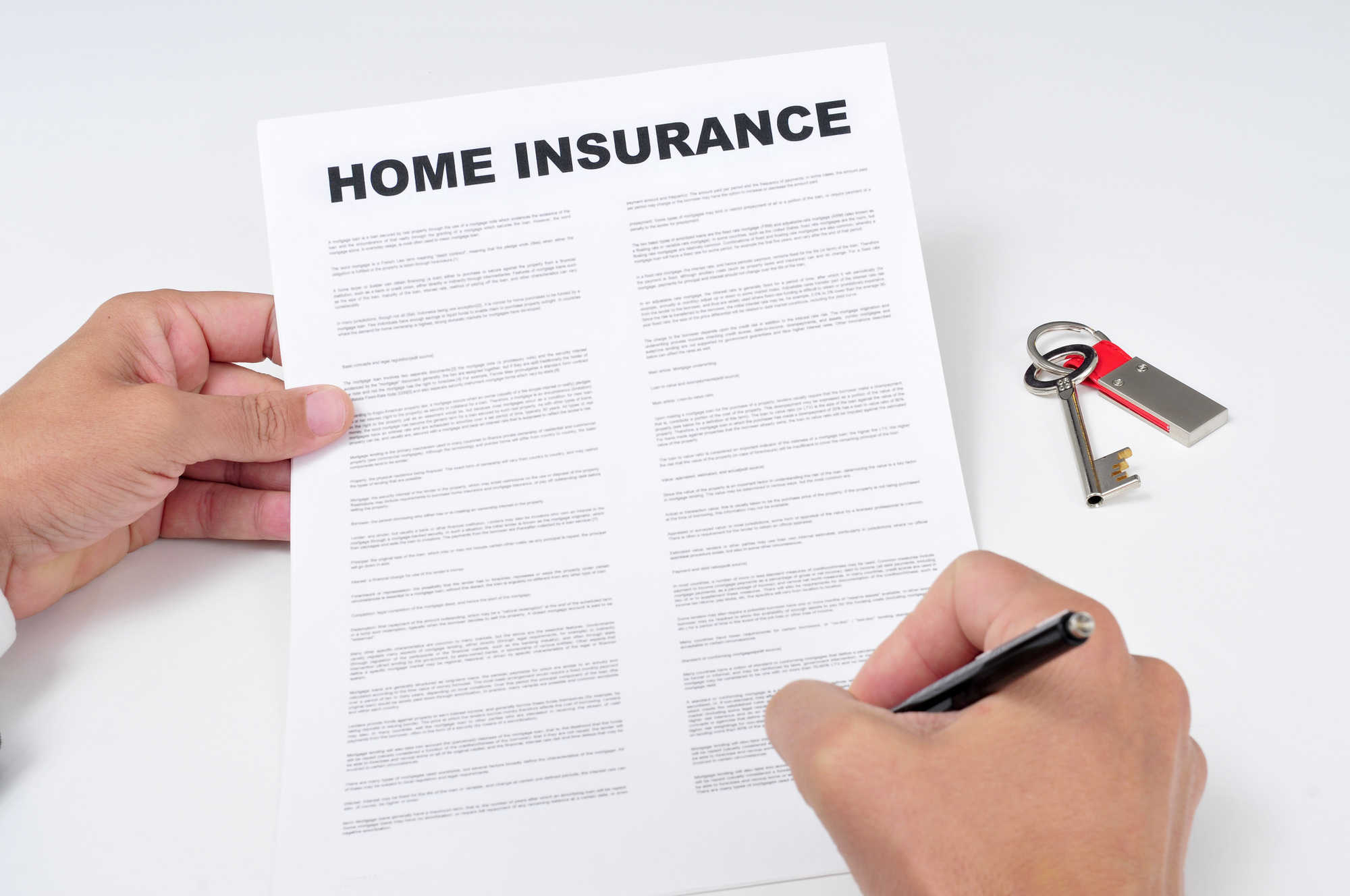Have you ever had to file an insurance claim? It’s a miserable experience and one no homeowner wants to go through. However, an unfortunate accident or natural disaster could leave you hanging if you need more preparation.
How can you make the process of filing a home insurance claim simpler? How can you ensure the payout is fair?
These questions and more need to be answered to have the full protection of your homeowner’s warranty.
Consider what you should know about filing home insurance claims for the unexpected.
Contents
Understand Your Policy
When you need to file a claim on your home insurance, one of the most important steps is to understand your policy fully. Take the time to read everything, including the boundaries of coverage, deductibles, and any things that aren’t covered. Knowing what is covered and what is not will keep you from being surprised or let down when you file a claim.
Pay attention to the parts of the policy that deal with fire, theft, water damage, and natural events. Note any extra coverages you might have, like personal responsibility or extra living costs.
Contact your insurance provider or the company’s customer service department if you have questions or need more information. If you know much about your insurance, you’ll have a better idea of how much coverage you have and how much money you might get from a claim.
Document the Damage
When you have home damage or loss, keeping detailed records of what happened is important. Before you fix anything or clean up, get your camera or phone out and take clear pictures or videos of the damaged places and any damaged things. Ensure the pictures are well-lit and show the damage in all its details.
If you can, use wide-angle shots to show what’s going on. This visible evidence will be very important for backing up your claim and showing how bad the loss or damage was.
Also, write down a list of the broken things, including how they look, how old they might be, and how much you think they are worth. If you have papers or paperwork for the damaged things, gather those, too. If you have more proof, your claim will be better.
Contact Your Insurance Company
After you’ve taken pictures of the damage and read your policy, you should quickly call your insurance company. You can usually find the contact information for their claims department in your policy papers or on your insurance company’s website. Report what happened and explain in detail what happened or what was lost.
Have your insurance number, contact information, and a clear explanation of what happened ready. It’s important to let your insurance company know about your claim as soon as possible. If you don’t send the notice immediately, it could cause problems or even cause your claim to be denied.
Provide Necessary Information
When you call your insurance company, be ready to give them all the information they need to handle your claim in the best way possible. They may ask for information like the date and time of the incident, an account of what happened before the damage, and anything else that is important. As much as you know, give information that is correct and honest.
If you have any proof, like a police record or a statement from a witness, have that ready to show as well. The better the claims process is likely to be, the more information you can give.
Understand the Claims Process
Each insurance company may handle cases slightly differently, so it’s important to know the steps involved. Ask your insurance company for a full description of how they handle cases, including a timeline and the most important steps. They should be able to walk you through the steps you need to take and give you any forms or paperwork you need.
For example, in the case of hurricane insurance claims, it is vital to have a clear understanding of the insurance process. Ask your insurance company for a detailed explanation of their specific procedures and requirements when filing a claim for hurricane-related damages.
It’s important to stay prepared and keep track of your insurance company’s dates and requirements. If you know how the claims process works, you can be responsible for getting the information you need and sending it in on time. Feel free to ask your insurance company for help if you have any questions or worries.
Provide Supporting Documentation
In addition to the claim forms, your insurance company may want proof of your claim. This can include any pictures or videos you took to show the damage, any papers or bills for fixing or replacing damaged things, and any quotes you got for fixing the damage.
If you had to make quick fixes to stop more damage, keep track of how much you spent. Include any important paperwork, like police, fire department, or hospital reports, if they apply. Your claim will be stronger, and the insurance company will better determine how much your loss is worth if you provide thorough and well-organized proof.
Keep Records of Communication
While filing a claim, keeping thorough records of everything you say to your insurance company is important. This means writing down the dates, times, and names of the people you talk to and a recap of what you talked about or what directions they gave you. These records can be used as a guide and help clear up any problems or mistakes that might come up.
Also, if you need to follow up on any part of your claim or have specific questions, having a written record of your contacts will make it easy to give correct information and ensure everything is noticed. Keep all the information linked to your claim in one file or folder. This includes emails, letters, claim forms, supporting documents, and notes from talks.
Top Tips for Easy and Simple Home Insurance Claims
Filing a home insurance claim can be a manageable experience. With this beginner’s guide to filing home insurance claims, you have the information and resources to file a claim confidently. Remember to contact your insurance company or agent immediately and document all damage with photos, and you can be sure to receive the right payback for your claim.
Did you learn something new from this article? If so, be sure to check out our blog for more educational content.



